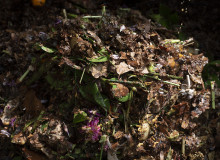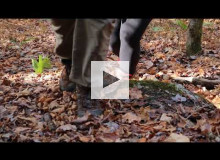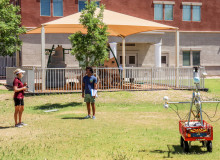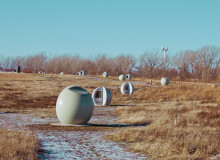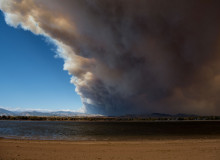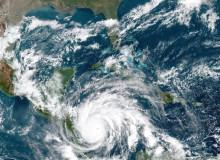Featured Stories
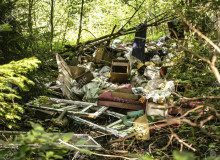
(Photo by Viktoriia Ponomarenko)
Planet Forward Senior Correspondent
The invention of plastic has transformed human life. Plastics are incredibly convenient, and far more affordable than alternative materials. However, the downsides are overwhelming.
Planet Forward Correspondent | George Washington University
Despite our obsession with food, we throw so much of it away. Learn more about composting, a change you can make at home to help the earth.
The George Washington University
Environmentalists and scientists have always asked, how can we save our oceans? One solution, aquaculture, instead asks us to look at ways in which the world's oceans can save themselves.
SUNY ESF
After finding juvenile American Chestnuts during a hike with my dad, I discovered the historical journey and possible future of the American Chestnut.
George Washington University
For many years U.S. water regulation was an issue with bipartisan support. So what changed? And how are those changes affecting our water and wetlands?
Arizona State University
Extreme heat is particularly dangerous to children. But with no clear school heat policies and facing a lack of resources, how will schools keep kids safe as temperatures continue to rise?
Planet Forward Correspondent | SUNY-Plattsburgh
As the world continues to urbanize, there is increasingly becoming a higher need for green, sustainable architecture. One striking example of this is Parc Frederic-Back in Montreal.
Colorado State University
How can we know if it’s safe to breathe the air that surrounds us?

Climate change is threatening the ecosystem of tunnels beneath the snow, where many rodents, insects, microbes, and hibernators live during the cold winter months. (Aleks G/Creative Commons 3.0)
Planet Forward Correspondent | University of Wisconsin-Madison
Underneath the snow lies an ecosystem of tunnels where many rodents, insects, microbes, and hibernators live over the cold winter months. It’s called the subnivium, and it's threatened by climate change.
Northwestern University
Global warming may make infectious diseases such as COVID-19 more widespread by changing disease progression and interaction among people, warn health and climate experts. Ester Wells reports for Medill.

